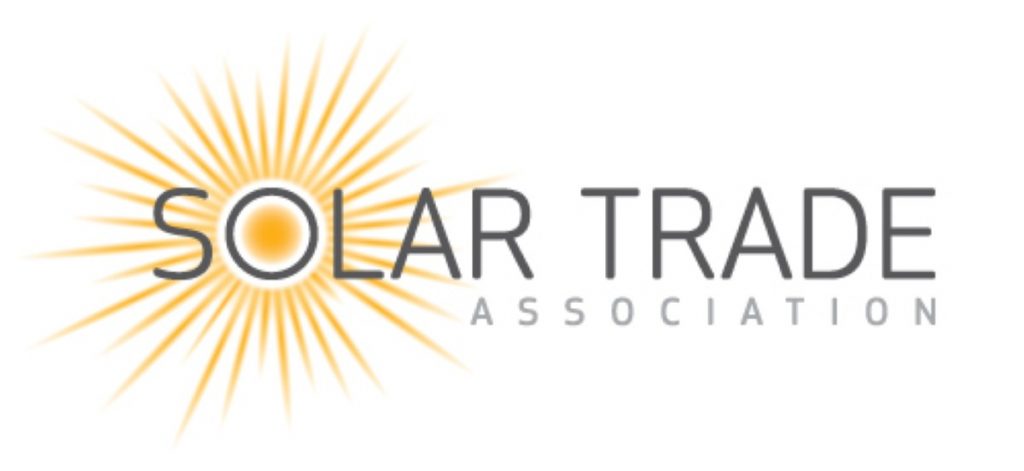The Government has dropped plans to remove solar thermal from the Renewable Heat Incentive (RHI) following a public consultation launched in March that saw very strong support, 92% of respondents [1], for retaining it. The proven technology will remain in the RHI for domestic systems with no change from the current level of 19.74p/kWh support over seven years, with payments linked to occupancy. Applications of solar thermal in industry up to 200kW in size will also continue to be supported.
The move reflects recognition of the importance of solar thermal technology, which boasts even greater installed capacity globally than solar PV. The decision means that the average four person family could recover the costs of solar thermal systems, typically around £4,000, in around ten years. Retaining solar thermal will also help the fuel poverty alleviation agenda, as well as efforts to reach the Government’s own target of 12% renewable heat by 2020.
Paul Barwell, STA Chief Executive commented:
“Solar thermal is back, which is great news for consumers who want to bring down their energy bills and do their bit to mitigate climate change. It is to the new Energy Department’s credit that they listened to the very strong arguments for retaining solar thermal within the RHI.”
The RHI scheme provides a financial incentive for people to invest in renewable heat sources. Solar thermal panels use infrared solar irradiations from the sun’s rays to heat water which can then be fed into the hot water system; because it uses light, not heat, it can continue to produce regardless of the outside temperature. Solar thermal has been the dominant RHI technology for regions such as London, because it can work effectively even in dense, urban areas with air quality issues.
Isabella O’Dowd, Policy Analyst for the STA Solar Thermal Group commented:
“The UK lags behind on solar thermal internationally but its potential in this country is huge. It is a low hassle choice for households with even limited roof space; once installed solar thermal typically provides around half of your hot water and it can take around 10% off the average energy bill, with very little on-going maintenance. With the RHI payments costs can be recovered in around 10 years which means great value for homeowners.”
The solar thermal industry will breathe a sigh of relief after months of uncertainty over the decision. Consumers should also now have the confidence to invest in solar thermal, saving them money and energy in the long run, and reducing their carbon footprint. In addition a new EU labelling scheme for heating systems will enable customers to see clearly the benefits of installing solar thermal to allow them to reach the highest A+++ rating [2].
ENDS
Notes to Editors
[1] Government response is here: https://www.gov.uk/government/consultations/the-renewable-heat-incentive-a-reformed-and-refocused-scheme
[2] http://www.label-pack-a-plus.eu/
· The domestic RHI scheme is open to individual homes, owner-occupied, private landlords and social landlords. New build homes are excluded, with the exception of self-builders.
· The installation and the installers must be accredited by the Microgeneration Certification Scheme (MCS).
· Homes must have cavity wall insulation (where relevant) and loft insulation deeper than 250mm. A Green Deal Assessment needs to be submitted with the application to confirm this, but you don’t have to take out a Green Deal loan.
· Householders will be paid at least 19.74p per kWh of solar thermal energy for seven years, rising with RPI
· Payments will depend on occupancy levels
· The amount of heat energy per year for domestic hot water only will be calculated by the solar installer using an approved solar energy deeming method based on the MCS standard.
· Legacy customers will be eligible subject to having a Green Deal assessment and the original installation being MCS accredited.
· The scheme will be administered by Ofgem
· Non-Domestic RHI is for industrial, commercial, public sector and not-for-profit organisations. Solar thermal receives 10.28p/kWh with a payment period of 20 years.
For further information or to request an interview, please contact:
Name: Oliver Savory
Title: Communications & Public Affairs Officer
Main line: 0203 637 2946
Mobile: 07868314929
Background on the Solar Trade Association:
The mission of the Solar Trade Association is to empower the UK solar transformation. We are paving the way for solar to deliver the maximum possible share of UK energy by 2030 by enabling a bigger and better solar industry. We represent both solar heat and power, and have a proven track record of winning breakthroughs for solar PV and solar thermal.





-01.png)